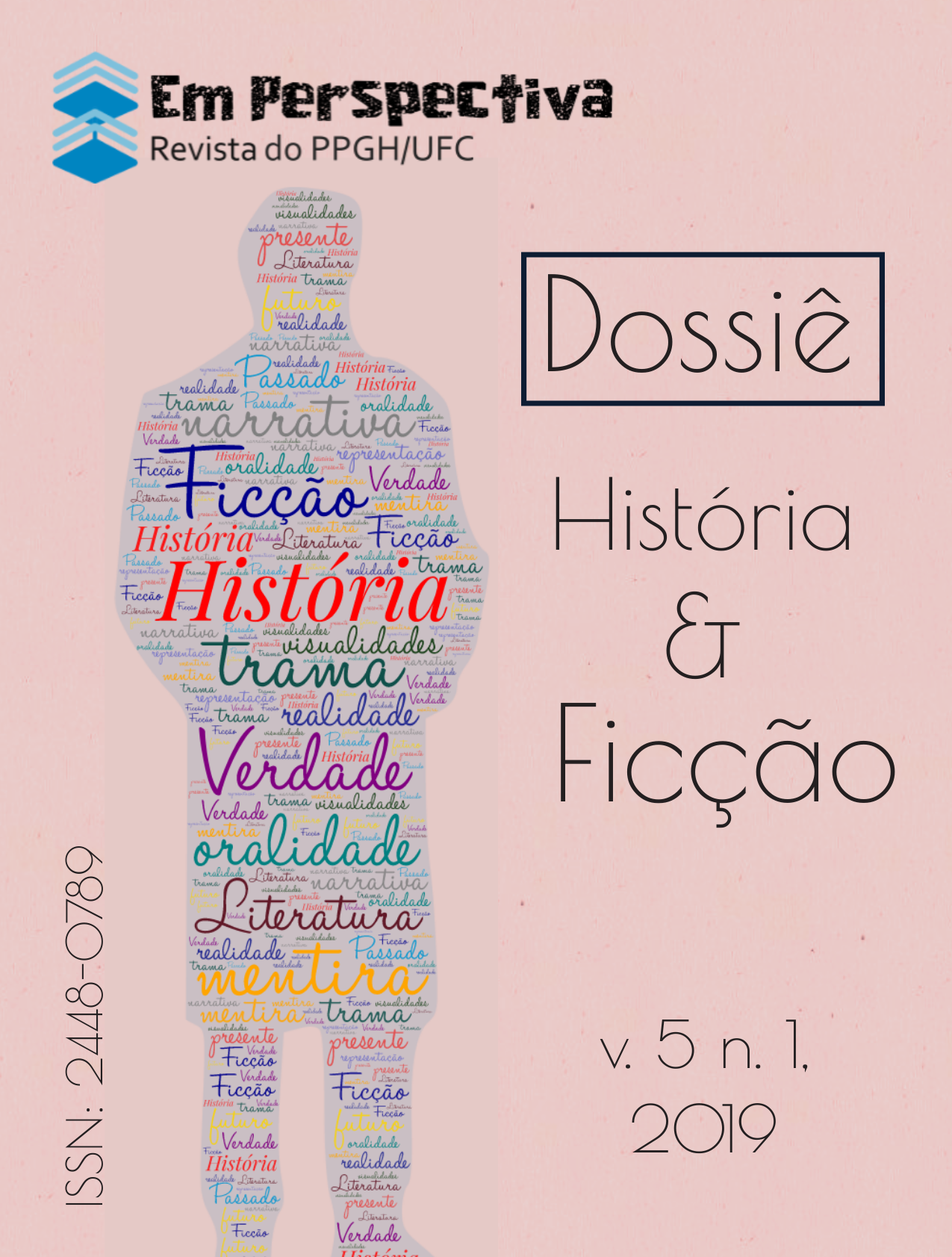Between remembering and forgottening
the brazilian civil-military dictatorship from the trilogy of torture of Heloneida Studart
Keywords:
Memory, Literature, Authoritarian RegimesAbstract
Literature played an important role among the arts of resistance in both the diagnosis of violence and social experience under authoritarianism, and in examining the contradictions and impasses of leftist intellectuals who opposed the regime. This article aims to reflect on the relationship between history and literature. The choice of the theme of the article was not because literature imitated reality in books, but because, in many cases, only the reflection provided by fiction, imagination or memory could understand such a political, cultural and social reality. multifaceted and complex. Thus, we seek to understand how the literary narrative, when placed in dialogue with recent academic research, contributes to an understanding of this period of Brazilian history. We exemplify this idea with a brief analysis of Heloneida Studart's Torture Trilogy.


1.png)

.png)
2.png)
.png)


.png)


.png)
1.png)
2.png)
